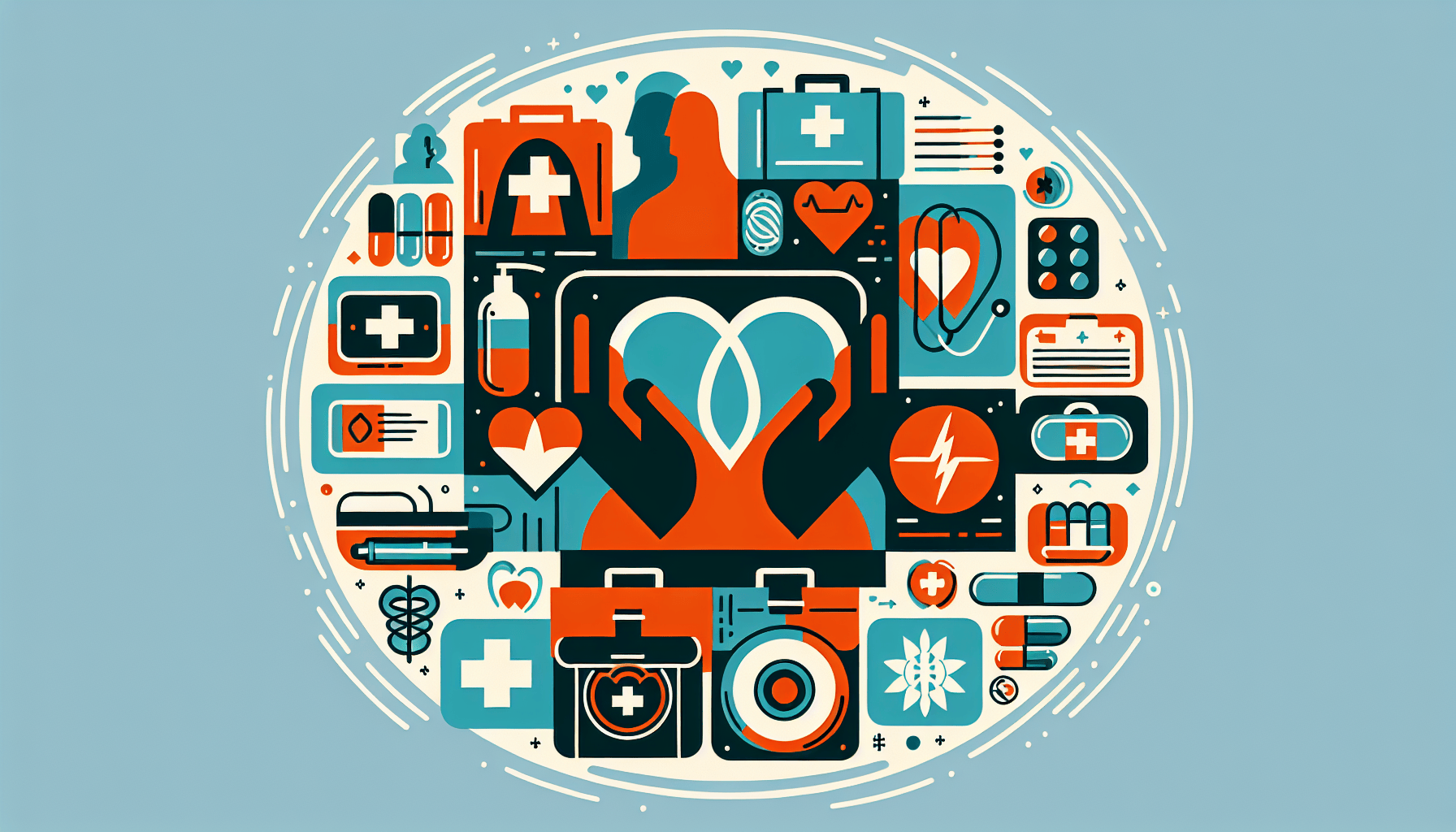As we age, it becomes increasingly important to be prepared for medical emergencies. According to the CDC, about half of all adults ages 65 or older visited an emergency department (ED) in 2009-2010. Emergency medicine physician Dr. Kei Ouchi from Harvard-affiliated Brigham and Women's Hospital notes that "75% of older adults come to the ED at least once in their last six months." Being prepared can help ensure that you receive the best care possible in the event of a medical emergency.
Essential Information to Keep Handy
One of the most crucial aspects of preparing for a medical emergency is having important information readily available. This includes:
An advance directive, which outlines your healthcare wishes in case you are unable to communicate them
A current list of all medications you take, including dosages and frequencies
Contact information for your emergency contacts, such as family members or close friends
Dr. Ouchi emphasizes the importance of having this information accessible: "We're lucky if they carry their medications list."
Additional Steps to Take
In addition to keeping essential information handy, there are other steps you can take to prepare for medical emergencies:
Make sure your family members and close friends know where to find your important medical information
Consider wearing a medical alert bracelet or necklace that includes your key medical information
Keep a copy of your important medical information in your wallet or purse
Staying Healthy and Preventing Emergencies
While it's crucial to be prepared for medical emergencies, it's also important to focus on staying healthy and preventing emergencies from occurring in the first place. This includes:
By taking steps to stay healthy and being prepared for medical emergencies, you can help ensure that you receive the best possible care in the event of an unexpected health issue.
Additional Resources
For more information on preparing for medical emergencies and staying healthy as a senior, check out these reputable sources:
The Bottom Line
Proper emergency preparation can significantly reduce complications and ensure your medical wishes are followed during critical situations. The most crucial step is creating organized, accessible documentation that includes current medications, emergency contacts, and advance directives stored in multiple locations. If you need help organizing your medical information or have questions about emergency planning, Doctronic can provide guidance quickly.



